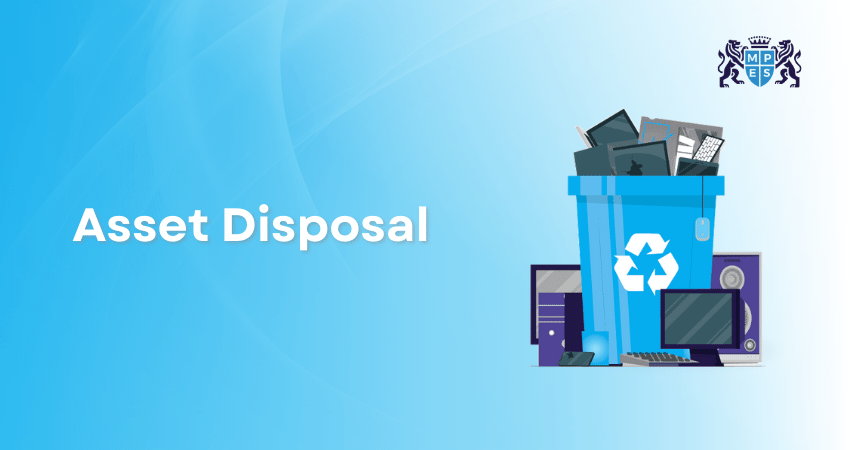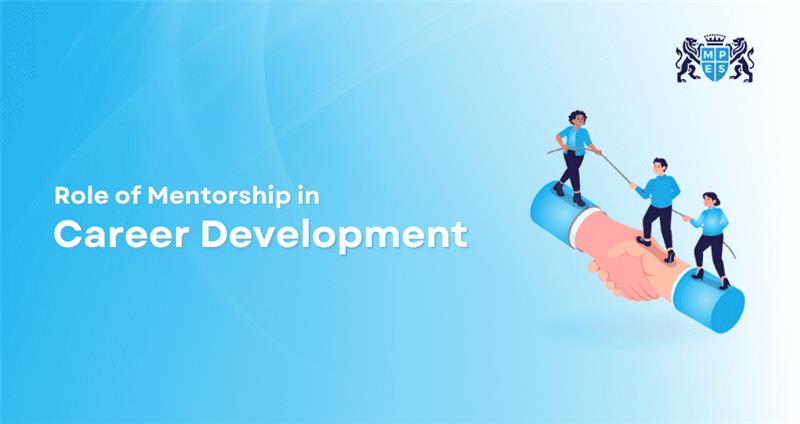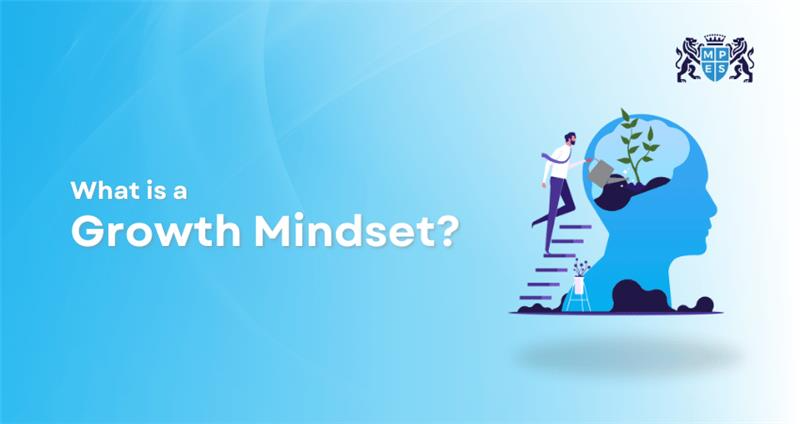Learning Options
- Online Video-Based Learning
- Flexible Schedule
- Expert Trainers with Industry Experience
- High Pass Rates
- 24/7 Personalised Support
- Interactive Learning Materials
Overview
The Praxis Framework™ Foundation Course is designed for professionals looking to gain a comprehensive understanding of project, programme, and portfolio management. The Praxis Framework™ provides a structured approach to managing projects, programmes, and portfolios, helping professionals apply best practices to achieve successful outcomes. This course equips delegates with the essential knowledge and skills to manage projects effectively, ensuring they can navigate complex challenges with confidence.
This course covers key aspects of the Praxis Framework™, including principles, processes, and tailored approaches for different types of projects. Delegates will learn how to apply the Praxis Framework™ in a variety of business environments, ensuring alignment with organisational goals and driving project success. By mastering these techniques, professionals will enhance their ability to manage projects more effectively, ensuring on-time delivery and efficient resource utilisation.
This 3-Day course by MPES ensures an interactive learning experience, featuring real-world case studies and practical exercises. It is ideal for individuals looking to develop their project management capabilities and advance their careers in this field.
Course Objectives
- Understand the core principles and best practices of the Praxis Framework™
- Improve skills in planning, monitoring, and controlling projects
- Master techniques for managing risks, resources, and stakeholders
- Grasp the importance of governance, assurance, and decision-making in project success
- Learn strategies for managing projects in diverse environments
- Gain proficiency in Praxis Framework™ tools and techniques for practical project management
- Enhance leadership skills to effectively lead projects and teams
Upon completion, delegates will be equipped with the knowledge and skills to apply the Praxis Framework™ effectively in any project or programme context. They will be prepared to manage projects with confidence, influencing decisions, optimising resources, and driving organisational success.

Average completion time
3 Month
with unlimited support
100% online
Start anytime
Study At Your Own PaceCourse Includes
Course Details
Develop your understanding of essential financial, business and management accounting techniques with ACCA Applied Knowledge. You'll learn basic business and management principles and the skills required of an accountant working in business.
Entry Requirements
Professional Background: No prior project management experience is required; however, a basic understanding of business operations and team collaboration will enrich the learning experience.
Language Proficiency: Learners must have a strong command of English, as all course content, discussions, and assessments are delivered in English.
Interest in Project Management: The course is ideal for individuals looking to expand their knowledge of project management and enhance their ability to lead and contribute to successful projects.
MPES Support That Helps You Succeed
At MPES, we offer comprehensive support to help you succeed in your studies. With expert guidance and valuable resources, we help you stay on track throughout your course.
- MPES Learning offers dedicated support to help you succeed in Accounting and Finance courses.
- Get expert guidance from tutors available online to assist with your studies.
- Check your eligibility for exemptions with the relevant professional body before starting.
- Our supportive team is here to offer study advice and support throughout your course.
- Access a range of materials to help enhance your learning experience. These resources include practice exercises and additional reading to support your progress.
Career Growth Stories
Discover how MPES Learning transforms careers with real success stories.

Aaron Allcote

As a finance officer, MPES has been a huge help in understanding the process of recording and processing transactions from all different perspectives. The courses are very easy to follow, and the training they provide can be applied to real-life scenarios. The courses have been a huge help for me, and I would highly recommend them.
Aaron Allcote
Bob Beaumont

I completed all of my ACA studies with MPES and I think you would struggle to find a better training provider anywhere in the British Isles. MPES' tutors are excellent both at delivering training and giving individualised feedback and coaching. the supporting materials and the out of class support are also great.
Bob Beaumont
Arvy Pasanting

As a qualified accountant, studying with MPES has been very rewarding experience. Its team of passionate and dedicated mentors gave me the confidence and knowledge I needed to not just at excel in my current role as an auditor, but also inspired me to expand my horizons.
Arvy Pasanting
David Ford

I was recommended MPES after searching for a way to pursue a career in the accounting profession, I have studied with them throughout my journey utilising online learning opportunities that fit around the needs of my employer.
David Ford
Aaron Allcote

As a finance officer, MPES has been a huge help in understanding the process of recording and processing transactions from all different perspectives. The courses are very easy to follow, and the training they provide can be applied to real-life scenarios. The courses have been a huge help for me, and I would highly recommend them.
Aaron Allcote
Bob Beaumont

I completed all of my ACA studies with MPES and I think you would struggle to find a better training provider anywhere in the British Isles. MPES' tutors are excellent both at delivering training and giving individualised feedback and coaching. the supporting materials and the out of class support are also great.
Bob Beaumont
Arvy Pasanting

As a qualified accountant, studying with MPES has been very rewarding experience. Its team of passionate and dedicated mentors gave me the confidence and knowledge I needed to not just at excel in my current role as an auditor, but also inspired me to expand my horizons.
Arvy Pasanting
David Ford

I was recommended MPES after searching for a way to pursue a career in the accounting profession, I have studied with them throughout my journey utilising online learning opportunities that fit around the needs of my employer.
David FordHave Questions? We’ve Got You
If you have any questions, we’re here to help. Find the answers you need in the MPES detailed FAQ section.
Q. What is the primary objective of the Praxis Framework™ Foundation course?
The primary objective of this course is to provide a comprehensive understanding of the Praxis Framework™ for project, programme, and portfolio management. It equips learners with the knowledge and skills needed to apply an integrated approach to manage projects effectively.
Q. Who should attend the Praxis Framework™ Foundation course?
This course is ideal for project managers, programme managers, portfolio managers, and aspiring professionals who want to enhance their knowledge and skills in using the Praxis Framework™ for effective project management.
Q. What will I learn in the Praxis Framework™ Foundation course?
You will learn how to use the Praxis Framework™ to manage projects, programmes, and portfolios. Topics include governance, risk management, stakeholder engagement, and the practical application of integrated management methodologies.
Q. How does the Praxis Framework™ Foundation course benefit organisations?
Organisations benefit by adopting a unified approach to managing projects, programmes, and portfolios, leading to better resource management, improved project delivery, and alignment with strategic objectives.
Q. How does this course benefit my career growth?
Completing the Praxis Framework™ Foundation course enhances your project management capabilities, boosts your employability, and demonstrates your commitment to professional development in a competitive job market.
Related Courses
Explore additional courses designed to complement your learning journey and enhance your professional skills. Expand your knowledge with these expertly curated options tailored to your career goals.



Resources
Access a wide range of free resources to support your learning journey. From blogs to news and podcasts, these valuable guides are available at no cost to help you succeed.

What is Financial Reporting: Types, Importance and Uses Explained
Maria Thompson21-Apr-2025

Asset Disposal: Definition, Types, Methods and Examples Explained
Maria Thompson16-Apr-2025

Allowable and Disallowable Expenses in the UK: Explained in Detail
Maria Thompson09-Apr-2025

What is Human Resource Management (HRM)? Principles and Functions
Maria Thompson08-Apr-2025

Navigating Career Transitions with the 10 Steps Framework Guide
Maria Thompson28-Mar-2025

Top 15 IT Soft Skills Every Tech Professional Should Have in 2025
Maria Thompson05-Mar-2025

Trade Payables: Definition, Benefits, Tips, and Examples for Business
Maria Thompson03-Mar-2025

What is Goodwill in Accounting? Importance, Types, and Examples
Maria Thompson11-Feb-2025

Audit vs. Assurance: Definitions, Key Differences & Similarities
Maria Thompson03-Feb-2025

What is DeepSeek R1 Model, and How it Ranks Against OpenAI's o1?
Maria Thompson31-Jan-2025

What Is Cash Basis Accounting? Definition, Example and New Updates
Maria Thompson29-Jan-2025

Corporate Tax Planning: Definition, Types, Strategies, and Benefits
Maria Thompson27-Jan-2025

The Power of Resilience: Strategies to Develop Your Inner Strength
Maria Thompson23-Jan-2025

Financial Accounting vs Management Accounting: What's the Difference?
Maria Thompson22-Jan-2025

What is Corporation Tax: Deductions, Benefits, and How It Works
Maria Thompson20-Jan-2025

Role of Mentorship in Career Development: A Catalyst for Success
Maria Thompson16-Jan-2025

15 Reasons You Should Invest in Professional Development: Explained
Maria Thompson03-Jan-2025

What is Corporate Governance: Principles, Importance, and Examples
Maria Thompson23-Dec-2024

What Is Management Accounting? Types and Key Functions Explained
Maria Thompson18-Dec-2024

Accounting Secrets to Effective Budgeting: Proven Strategies for Creating Effective Budgets
Maria Thompson16-Dec-2024

Financial Accounting in a Remote Work Era: Adapting Key Practices
Maria Thompson12-Dec-2024

Future-ready Accountants: Top Certifications to Bridge Skills Gaps in 2025
Maria Thompson04-Dec-2024
 Have Any Question?
Have Any Question? info@mpeslearning.com
info@mpeslearning.com  +44 7452 122728
+44 7452 122728






 Back
Back










































